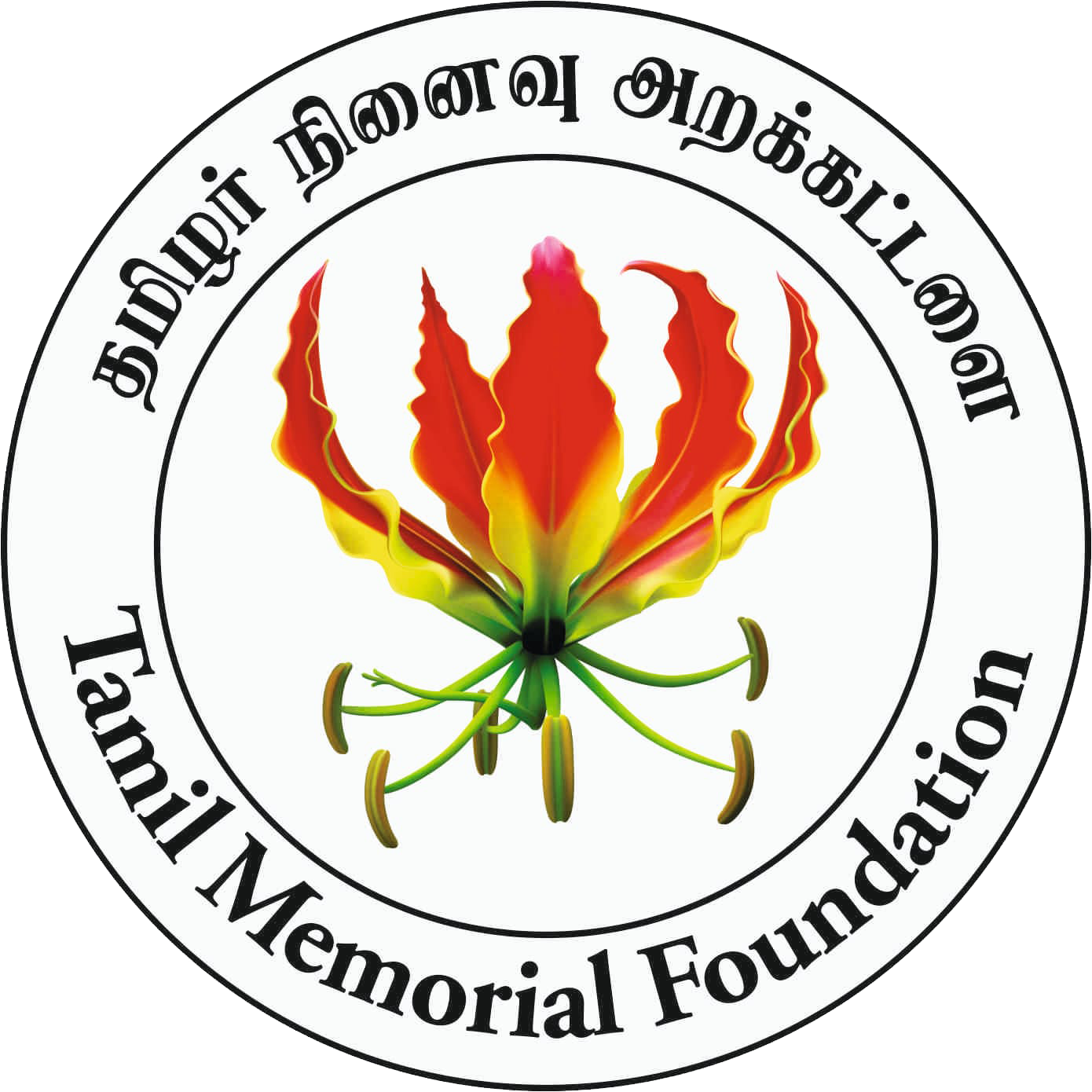
Maaveerar Naal
In the heart of every Tamil from Eelam (the Indigenous people of the land we now know today as Sri Lanka,) beats a tale of unwavering bravery and indomitable resistance. This is an attempt to offer a glimpse into the profound saga of the Tamil people’s pursuit of self-determination, alongside the birth and culmination of MaaVeerar.
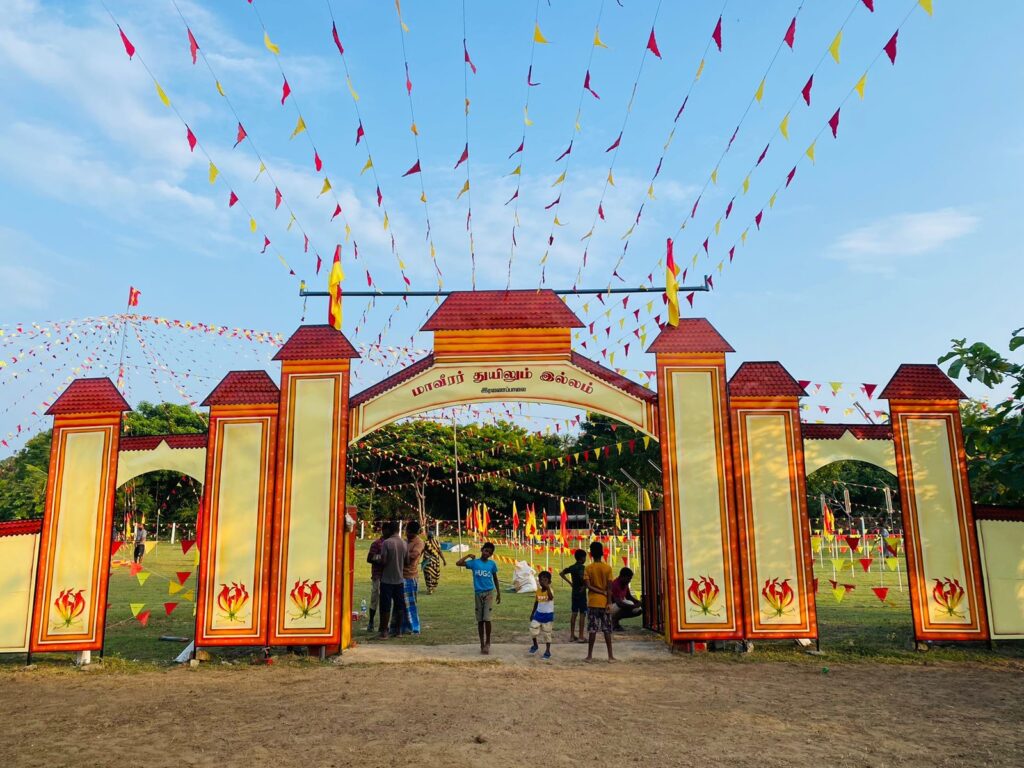
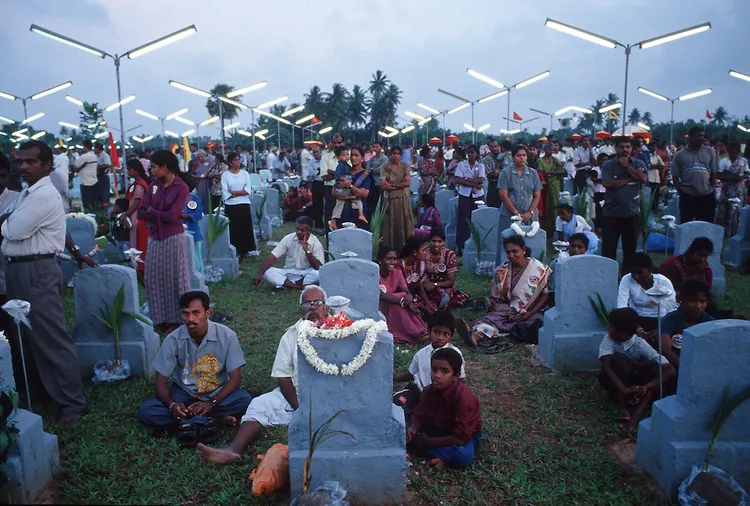
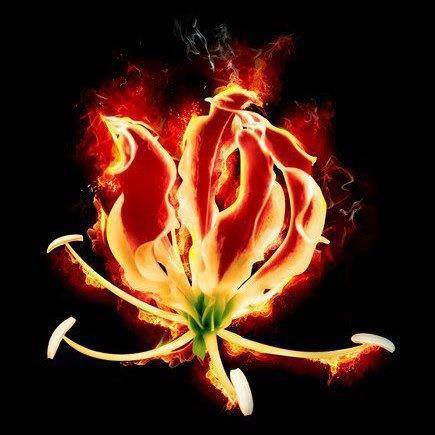
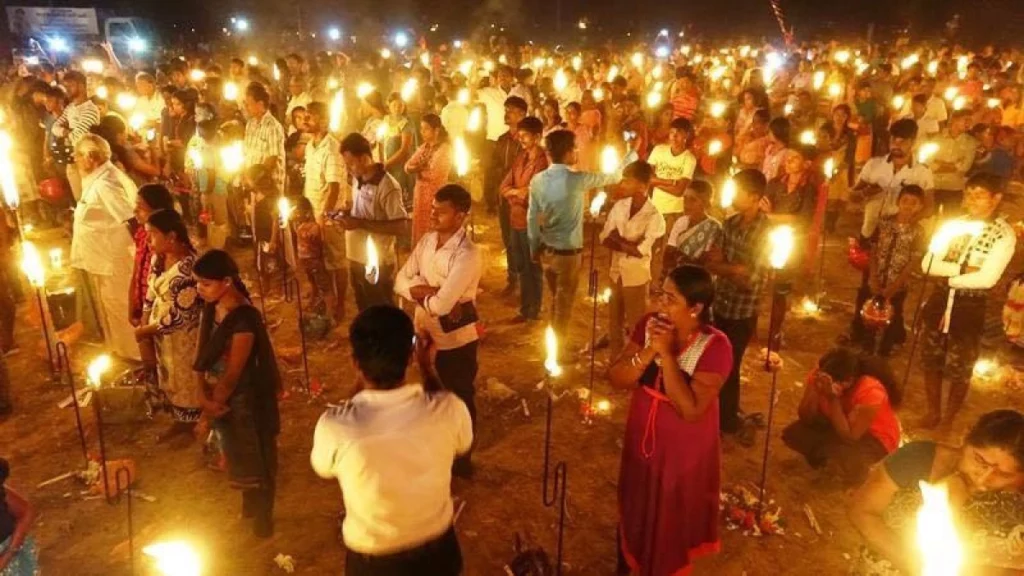

The birth of the Tamil Liberation movements such as Tamil New Tigers (1974), Liberation Tigers of Tamil Eelam (LTTE) (1975-2009), Tamil Eelam Liberation Organization (TELO) (1970s – 1980s), People’s Liberation Organization of Tamil Eelam (PLOTE) (1970s – late 1980s), Eelam Revolutionary Organization of Students (EROS) (early1980s – joined with LTTE in late 1980s) Eelam People’s Revolutionary Liberation Front (EPRLF) (early 1980s to late 1980s),– and Maaveerar Naal (Great Heroes Day) is deeply rooted in the historical and political context of Sri Lanka.
The island nation, known today as Sri Lanka, has a complex history of different kingdoms and ethnic groups. The arrival of the Portuguese in 1505 marked a turning point, introducing foreign rule and eventually leading to the amalgamation of the Tamil and Sinhala kingdoms under British colonial administration in 1833.
The failure to separate the two distinct nations, Tamil and Sinhala, when granting independence in 1948, laid the foundation for Sinhala hegemony over the Tamils. This led to a series of discriminatory policies, including the disenfranchisement of one million Tamils in the Hill country (Tamils of Malaiyagam) and the colonization of their traditional lands. In 1949 The “Sinhala Only” policy (still in effect) is introduced, making Sinhalese the only official language of the country and effectively marginalizing the Tamil-speaking indigenous people. In 1956, The Official Language Act (still in effect) is passed, mandating the use of Sinhala in all government functions and further marginalizing the Tamil-speaking indigenous people. Peaceful attempts by Tamil political leaders to address these issues were met with brutal force from the Sinhala government. Legislation in 1956 further marginalized Tamils, and a physical genocide was unleashed in 1958.
The adoption of a unilateral republican constitution in 1972, without Tamil participation, and the change of the country’s name to Sri Lanka, further eroded avenues for peaceful resolution. This culminated in the Vaddukoaddai Resolution of 1976, which called for the creation of a separate Tamil state, Tamil Eelam.
The Tamil United Liberation Front (TULF) ran on a platform advocating for Tamil Eelam in the 1977 elections and won by a landslide, becoming the official opposition in the Sri Lankan parliament. However, the government responded with the 1977 Genocide, intensifying the conflict. In1973, The Standardization Act (still in effect), passed in Sri Lanka implemented a standardized testing system that disadvantaged Tamil students, leading to the decreased representation of Tamils in higher education and government employment and contributing to the outbreak of a civil war.
In the face of escalating oppression and state-unleashed violence, Tamil youth turned to armed resistance. The government passed the Prevention of Terrorism Act in 1979 (still in effect) used to suppress political dissent and violate human rights, particularly with respect to the country’s Tamil indigenous people. The determination of the Tamil youth was unyielding, even in the face of government-sanctioned human rights violations, such as the destruction of the Jaffna Public Library in 1981. The 6th Amendment to the Sri Lankan Constitution(1983), prohibits the advocacy for the creation of a separate state within Sri Lanka, effectively outlawing any political support for Tamil Eelam.
The culmination of these events led to the outbreak of open war between Tamil youth groups and government forces in 1983. Thousands of Tamil youth joined these groups, sacrificing their lives for the cause of Tamil Eelam. In recognition of their sacrifice, they were posthumously honored with the title of “Maaveerar” or Great Heroes.
Today, Maaveerar Naal stands as a day of remembrance for the Tamil community, commemorating the bravery and sacrifice of those who gave their lives in the pursuit of justice and self-determination for the Tamil people. The legacy of Maaveerar continues to inspire and unite Tamils around the world, serving as a reminder of the ongoing struggle for human and sovereign rights. The majority of the Tamil families have a Maaveerar to remember and pay respects to.
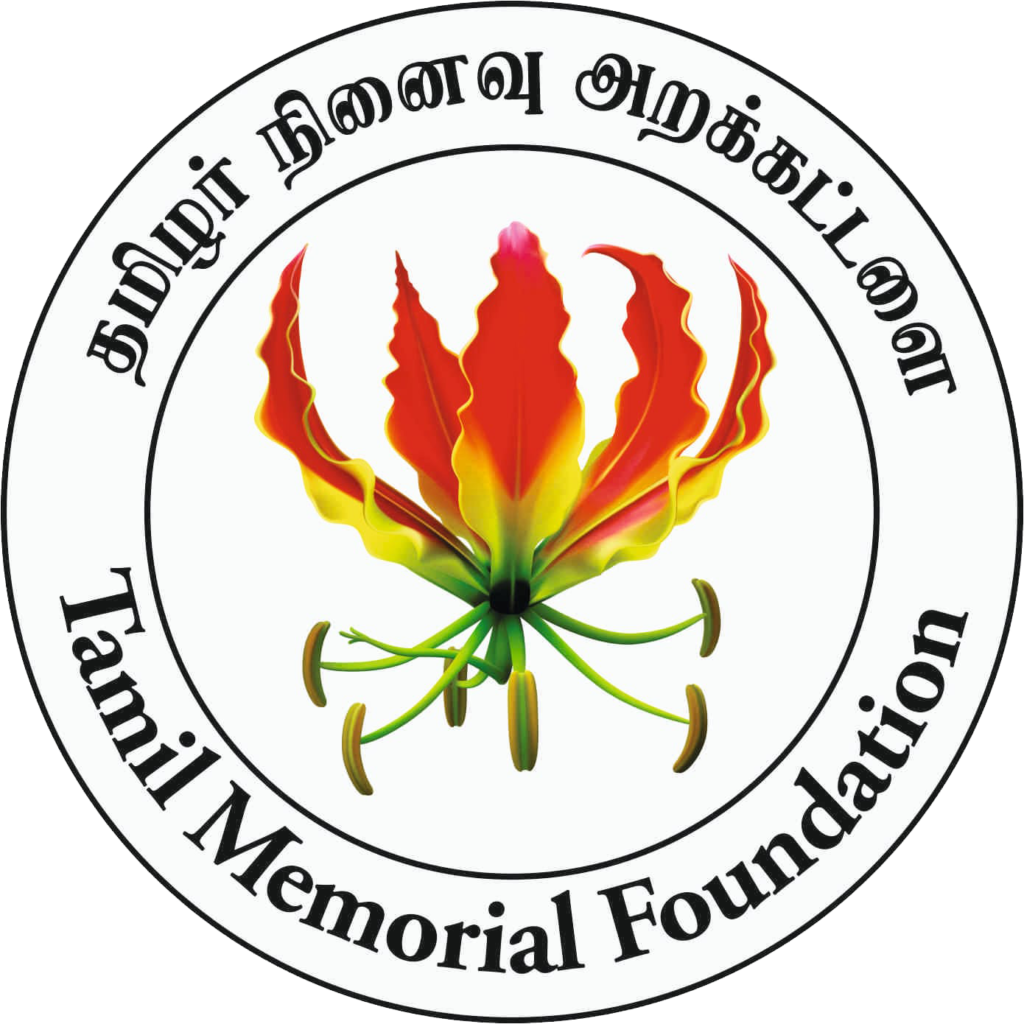
The Tamil Memorial Foundation is a coalition of Canadian organizations committed to commemorating and educating about the Tamils from the island of Sri Lanka, their history, cultures.
Subscribe
All Contacts
- A8-2370 Midland Ave, Toronto, ON M1S 5C6, Canada
- +1-202-555-0153
- tamilmemorialfoundation2023@gmail.com
- Developed By - MediaCity INC
- info@mediacityinc.com
- mediacityinc.com
